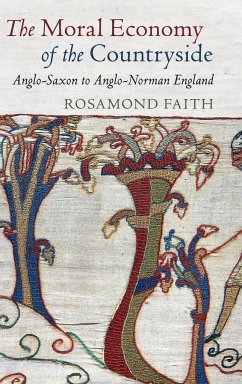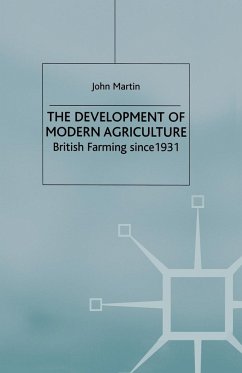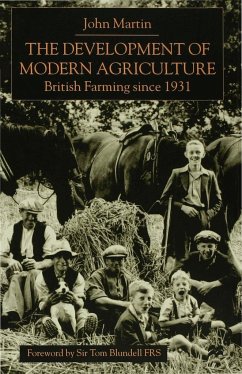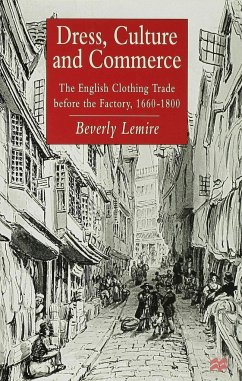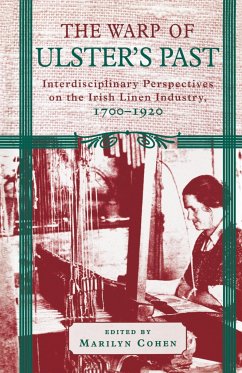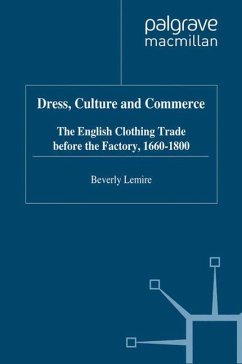
Industry in the Countryside
Wealden Society in the Sixteenth Century
Herausgeber: Smith, Richard

PAYBACK Punkte
25 °P sammeln!
This book explores the nature of manufacturing before the Industrial Revolution, focusing on one English region - the Kentish Weald.Industry in the Countryside is a wide-ranging and readable study of the nature of manufacturing before the Industrial Revolution. It examines the widely-debated theory of 'proto-industrialisation', drawing on data from the Kentish Weald - an area which was already a centre of cottage industry in the Tudor era and was also the earliest rural manufacturing region to 'de-industrialise'. The book analyses the Wealden textile industry from its workforce to its industri...
This book explores the nature of manufacturing before the Industrial Revolution, focusing on one English region - the Kentish Weald.
Industry in the Countryside is a wide-ranging and readable study of the nature of manufacturing before the Industrial Revolution. It examines the widely-debated theory of 'proto-industrialisation', drawing on data from the Kentish Weald - an area which was already a centre of cottage industry in the Tudor era and was also the earliest rural manufacturing region to 'de-industrialise'. The book analyses the Wealden textile industry from its workforce to its industrialists and emphasises the ubiquity of dual employment among textile workers. It explores the local context of cottage industry, investigating the pattern of landholding and inheritance, the local farming regime, and the demographic background to rural industrialisation. Zell outlines what type of local economy became the site of this so-called 'proto-industry' and shows the impact of cottage industry on the people of such regions. He concludes by asking, is there anything in the 'proto-industrialisation' model?
Table of content:
1. Introduction; 2. Landholding, inheritance and the local land market; 3. Demographic movements, household structure and geographical mobility; 4. The Wealden agrarian regime; 5. Occupational structure and levels of wealth in the Weald; 6. The textile industry in the Weald; 7. Clothiers and capitalism; 8. The Weald and 'proto-industrialisation'.
Industry in the Countryside is a wide-ranging and readable study of the nature of manufacturing before the Industrial Revolution. It examines the widely-debated theory of 'proto-industrialisation', drawing on data from the Kentish Weald - an area which was already a centre of cottage industry in the Tudor era and was also the earliest rural manufacturing region to 'de-industrialise'. The book analyses the Wealden textile industry from its workforce to its industrialists and emphasises the ubiquity of dual employment among textile workers. It explores the local context of cottage industry, investigating the pattern of landholding and inheritance, the local farming regime, and the demographic background to rural industrialisation. Zell outlines what type of local economy became the site of this so-called 'proto-industry' and shows the impact of cottage industry on the people of such regions. He concludes by asking, is there anything in the 'proto-industrialisation' model?
Table of content:
1. Introduction; 2. Landholding, inheritance and the local land market; 3. Demographic movements, household structure and geographical mobility; 4. The Wealden agrarian regime; 5. Occupational structure and levels of wealth in the Weald; 6. The textile industry in the Weald; 7. Clothiers and capitalism; 8. The Weald and 'proto-industrialisation'.






